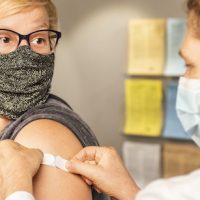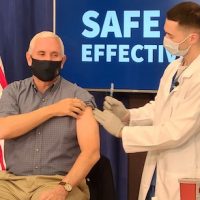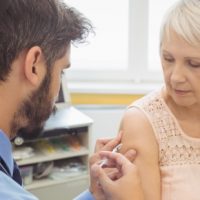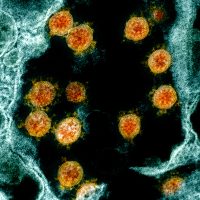Community immunity, often referred to as herd immunity, refers to a situation in which enough of a population is immune to an infectious disease, either through vaccination or prior infection, to largely stop transmission of the disease and indirectly protect those who aren’t immune. The more contagious the disease, the higher proportion of people need to have immunity to get community immunity.
This classical definition applies to diseases such as measles,
FactCheck.org®
A Project of The Annenberg Public Policy Center



